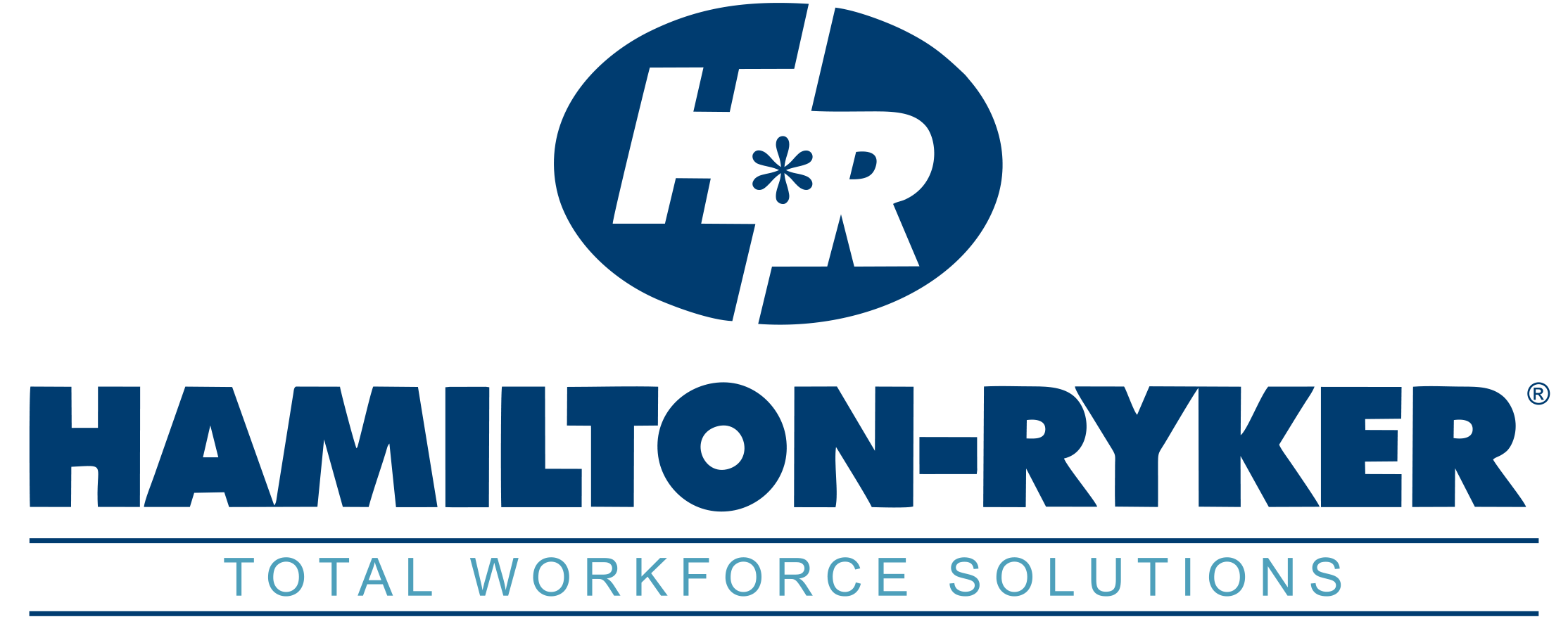You’re Graduating: Is College Still the Best Choice for Today’s Generation?
High school graduation is a cause for celebration, but it also puts pressure on graduating seniors. Everyone wants to know what your plans are once you’re out of high school – and many still assume that if you aren’t going to college, you’re wasting an opportunity.
However, many high schoolers are rethinking the college path. Students loans and college costs are a concern for many families, and a college degree may not guarantee the career or future that would make you happiest.
Here’s what to consider when thinking about your future plans:
-
It’s Ok Not to Know What You Want to Do
Saying “I don’t know” in response to “What will you do next?” can feel embarrassing, but it actually represents an opportunity. With no more school day obligations, you have the chance to explore a vast range of jobs and career fields in order to decide firsthand which ones are the right fit for you.
Summer work, contract work, and seasonal jobs can all help you try out new jobs and employers, giving you information on what you do (or don’t) want to do long-term.
-
Work Experience Can Help You Make Smarter Choices About College
Entering college without a clear path or goal can cost you more money and time in the long term. Changing majors and changing schools can add more time to earning your degree, and every extra class you take imposes extra costs.
Even a year spent gaining work experience can help you make a more informed choice about the college experience. If you find the career you want first, you’ll be more focused on your college major, helping you to earn better grades and finish efficiently. College professors also appreciate having students whose real-world experience provides an important perspective in class discussions.
-
Some Employers, as Well as the Military, Can Help You Build a Career or Pay For School
Military servicemembers gain experience that can help them either maintain a military career or build a career in the civilian workforce once their service has ended. Many employers also encourage their workers to continue their educations by offering tuition assistance, professional development, and similar educational opportunities.
Learning more about these options can help you plot a career path in which you gain experience while also making it easier to choose college or continuing education when your career needs it.
Advance Your Career
At Hamilton Ryker, our recruiters work with both new graduates and experienced professionals to help you find the career path and employer that best suits your talents and goals. Contact us today to learn more.

